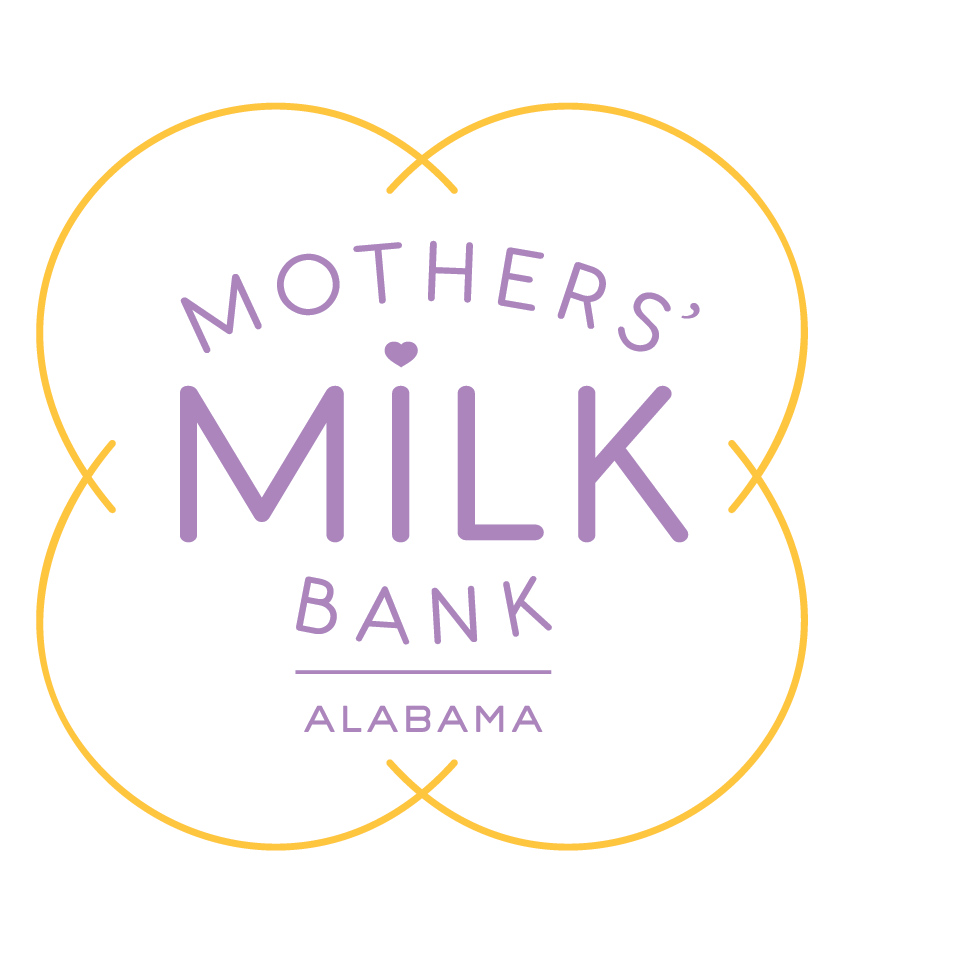

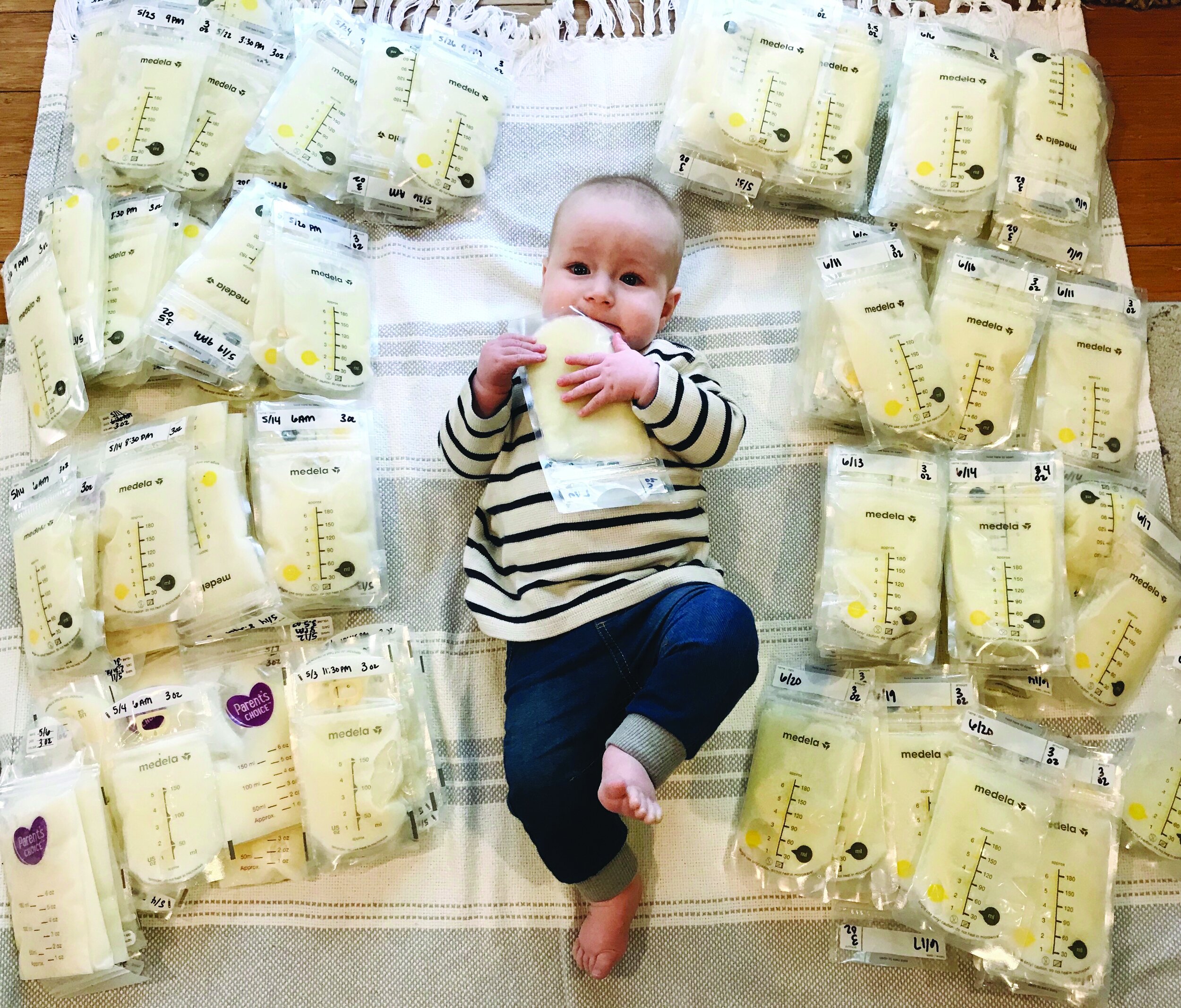
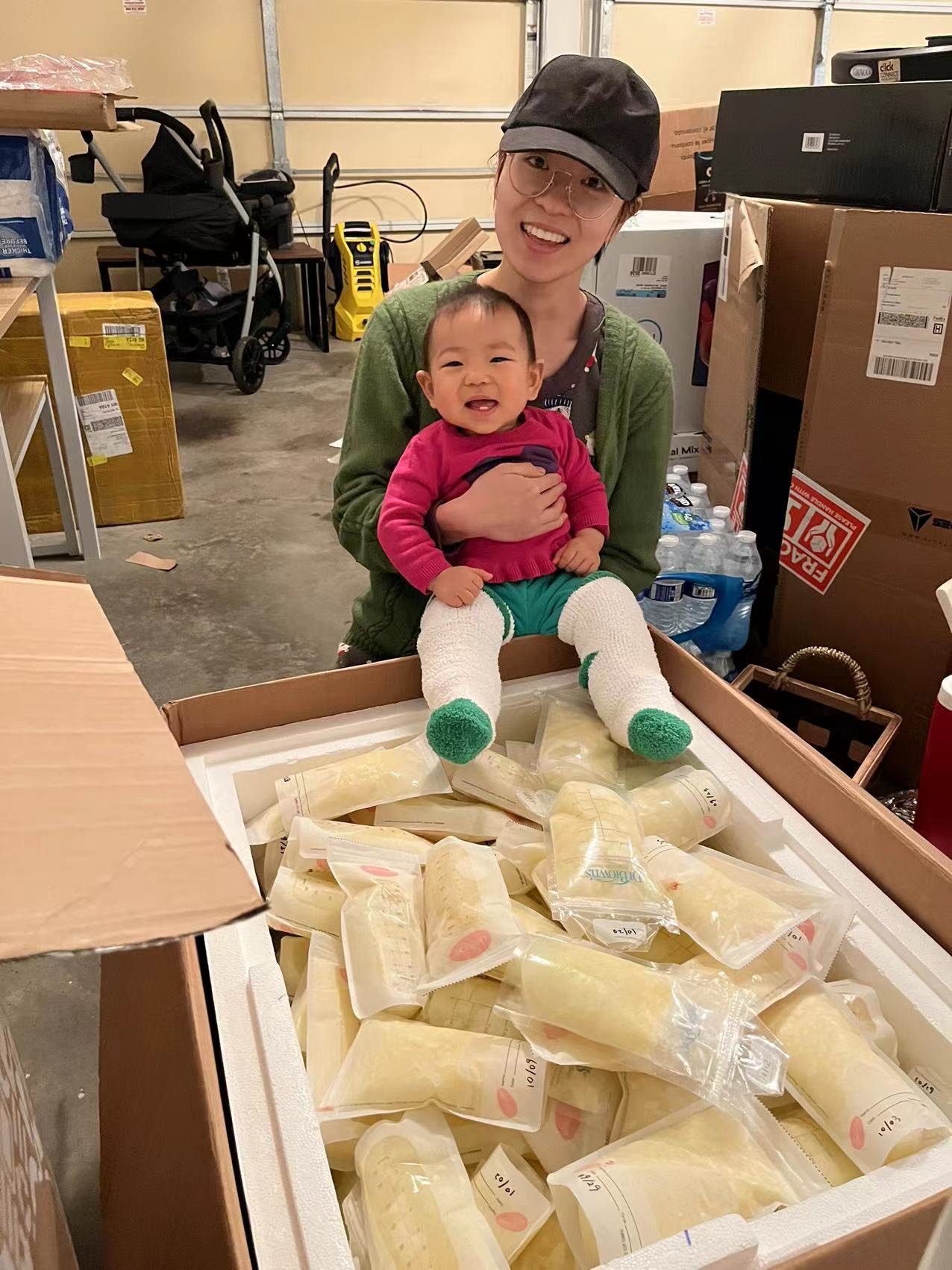
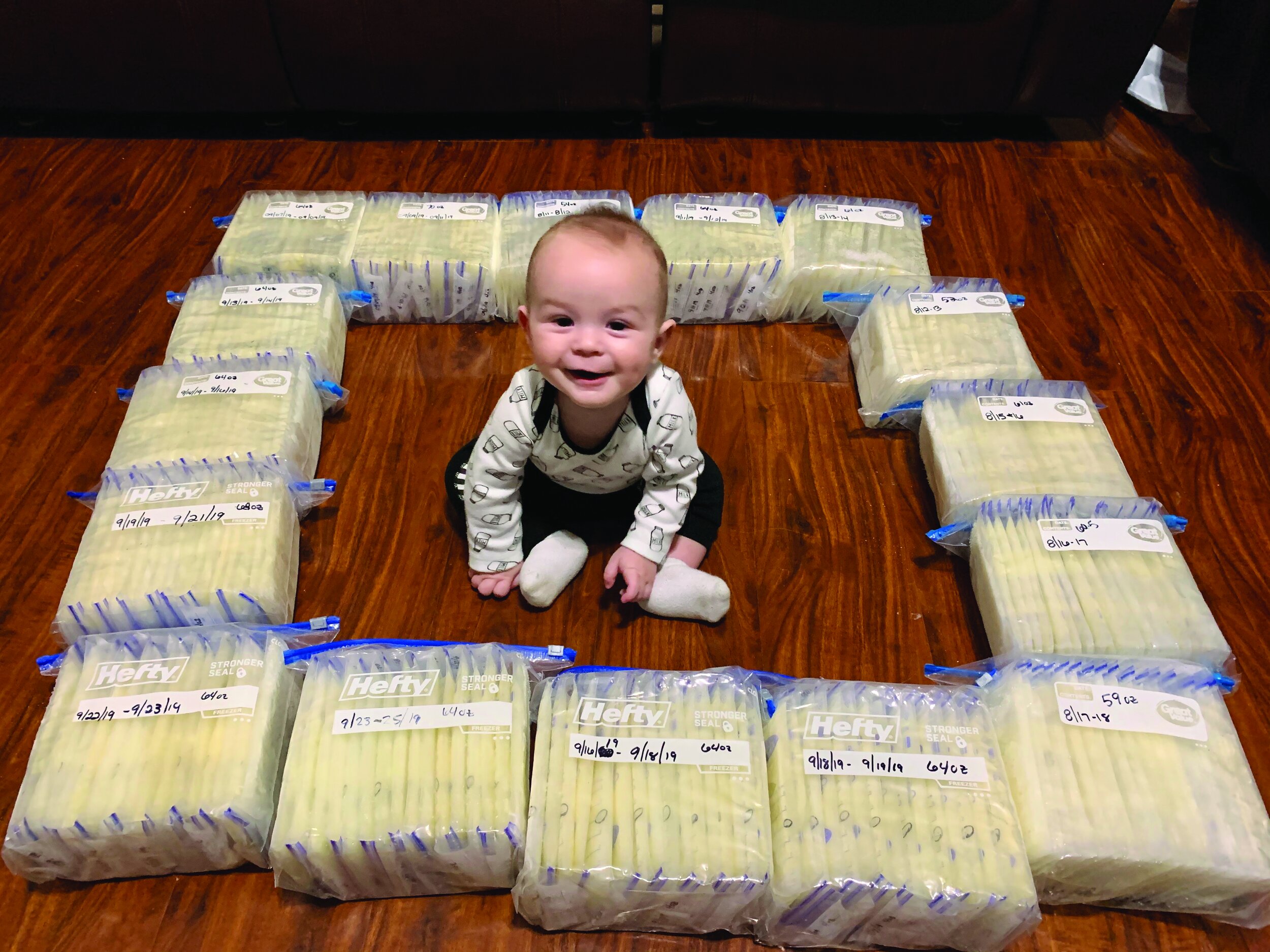

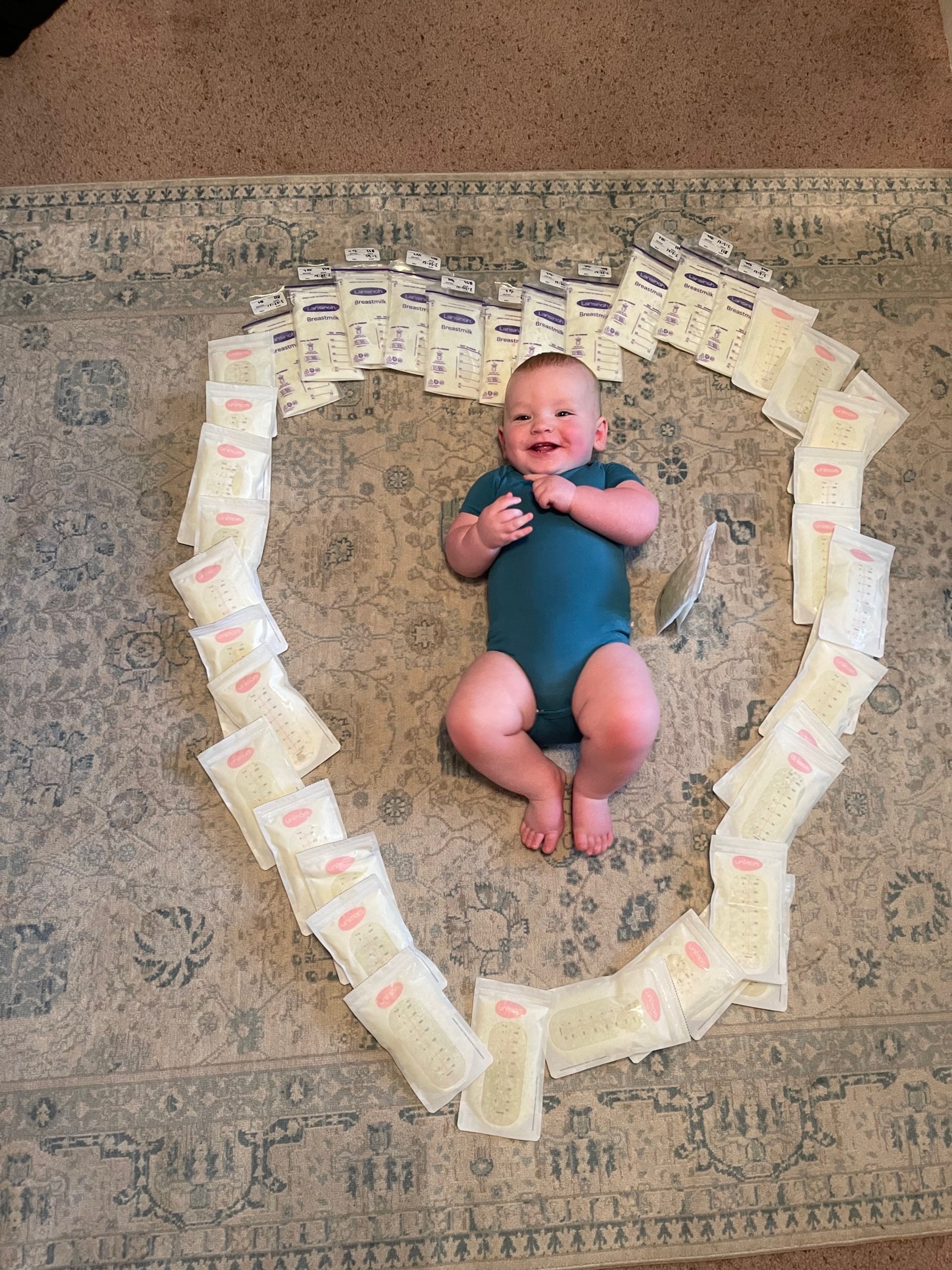
“Breastmilk donation is one of my biggest blessings”
FAQs of Donation
How do I become a milk donor?
The first step is a short phone screening to learn more about you and for you to learn more about us. After this we will figure out the closest place for you to drop off your milk and send you an application and form to have a lab test done. Fill out the Donate Milk form, and we will call you to start the process.
Can I still donate if I don’t live in Birmingham?
Yes! We have depots across the state that you can drop milk off at after you complete the screening process. If you are not close to a depot, we will send you the shipping supplies and help you ship your milk to Birmingham. We have donors from all over so don’t let location be a barrier to donating. Check out our drop-off locations here.
Can I donate if I’m taking _____ medication?
Maybe. Some medications are fine to take and donate, and some have a waiting period between your last dose and when you can donate. Because we serve extremely premature infants, our guidelines for medications may be more strict than what your physician has recommended for breastfeeding moms. Call us to check about specific medications.
Is there a minimum donation?
We ask that moms commit to donating 100 ounces over the course of their donation period. If you are bringing your milk to a depot location or to the Milk Bank you do not have to make this donation all at once.
Where will my milk go?
Our mission is to be a milk bank for all of Alabama. Our donors come from all corners of the state and beyond, and we want to send their milk back to Alabama babies. We are currently serving more than 8 hospitals across Alabama with the goal of reaching more babies.
Do you provide milk to babies outside of the hospital?
While we wish we could provide pasteurized donor milk to all babies that are in need, our first priority is our hospital partners. When we have the milk available we have occasionally been able to provide outpatient milk to medically fragile infants with a prescription.
Do you pay for milk? Do you charge a fee for the milk?
We do not pay donors for milk per HMBANA’s non-profit milk bank guidelines. We charge hospitals a processing fee for the pasteurized milk that covers the cost of screening labs and processing costs

